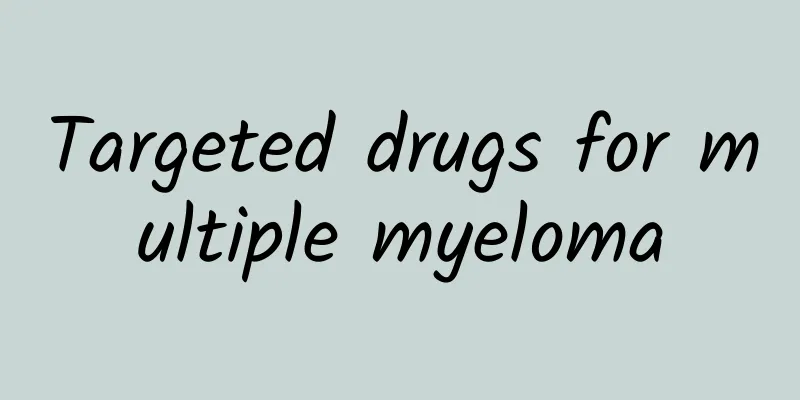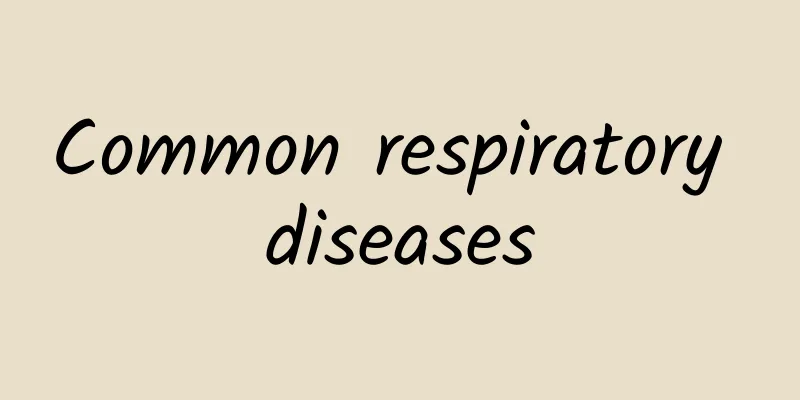Six taboos to remember when taking Chinese medicine

|
People in ancient times have long recognized that when taking certain medicines, certain foods should not be eaten. If forbidden foods are eaten, the treatment effect will not be ideal or may even have the opposite effect. In order to achieve good therapeutic effects, while taking Chinese medicine, you should avoid eating raw, cold, greasy, fishy, and other foods that are difficult to digest, or foods that are particularly irritating. In addition, it is best not to drink beverages when taking Chinese medicine, because additives, preservatives and other ingredients in beverages will also affect the absorption of the effective ingredients of Chinese medicine and reduce the efficacy of the medicine.
1. Radish Whether you are taking Chinese medicine or Western medicine, you should try to avoid eating radishes while taking the medicine, otherwise the medicinal properties will be greatly affected. The reason why many people’s condition does not improve after taking a large amount of medication is largely related to improper diet. Especially when taking Chinese medicine, you should not eat radish, except for some medicines for regulating qi and resolving phlegm. The reason why you cannot eat radish during this period is because radish has the effects of digesting food and breaking up gas, especially when taking tonic Chinese medicine such as ginseng and astragalus. Radish will weaken the tonic effects of ginseng and other herbs, and thus cannot achieve its therapeutic and nourishing effects. Therefore, people who often take Chinese medicine should be careful and stay away from radishes.
2. Raw and cold While taking Chinese medicine, you should try to avoid eating all kinds of raw and cold foods. Chinese medicine points out that raw and cold foods are mostly cold in nature and very difficult to digest after eating. Moreover, raw and cold foods can irritate the stomach and intestines after consumption. In this case, if you take Chinese medicine immediately, it will seriously irritate the gastrointestinal tract, thereby affecting the gastrointestinal absorption of the drug. Therefore, special attention should be paid to avoid eating raw and cold foods when taking Chinese medicine to treat "cold symptoms", such as medicines for warming the meridians and unblocking the collaterals, and medicines for dispelling cold and dampness. In addition, there are some people with poor spleen and stomach function. Even if they are not taking Chinese medicine to strengthen the spleen and warm the stomach, they cannot eat raw and cold food in their daily lives, otherwise it will make the symptoms more serious.
3. Spicy People who are taking traditional Chinese medicine also need to avoid various spicy foods. Otherwise, not only will the medicinal properties be weakened, but it may even react with the medicine and seriously endanger human health. Moreover, Chinese medicine in our country points out that hot and spicy foods are mostly warm in nature, consume qi and stir up fire. Therefore, you should try to avoid such foods when taking Chinese medicines for clearing heat and eliminating toxins, nourishing yin and increasing fluids, cooling blood and nourishing yin. You should also try to avoid eating spicy foods during the treatment of carbuncles and ulcers. For example, foods like onions, garlic, pepper, mutton, dog meat, etc., if consumed while taking traditional Chinese medicine, will offset the effects of the medicine, and some may even promote inflammation and cause bleeding symptoms.
4. Greasy All kinds of greasy foods should also be avoided while taking Chinese medicine. Traditional Chinese medicine points out that greasy foods are sticky, and can also promote dampness and phlegm, and cause loose bowels and stagnant gas. After consumption, it will mix with the medicine and hinder the gastrointestinal absorption of the active ingredients of the medicine, thereby reducing the efficacy. Especially patients with weak spleen and stomach, indigestion, hypertension, coronary heart disease and other diseases should eat less of this kind of food in their daily life. These are foods that cannot be eaten while taking Chinese medicine, otherwise they are likely to reduce the medicinal properties and affect human health. In addition, it should be noted that you should avoid taking Western medicine while taking Chinese medicine to avoid conflicting properties.
5. Fishy Generally, Chinese medicines have aromatic smells, especially aromatic dehumidifying and aromatic qi-regulating medicines, which contain a large amount of volatile oils to exert their therapeutic effects. These aromatic substances are most incompatible with fishy smells. If you do not avoid fishy smell when taking Chinese medicine, it will often affect the efficacy of the medicine. Such as the fishy smell of fish, shrimp, and seafood, and the mutton smell of cattle and mutton. Patients with allergic dermatitis such as allergic asthma, allergic rhinitis, boils, eczema, urticaria, etc. must avoid eating fishy foods while taking Chinese medicine. They should also eat less fishy, spicy and irritating foods such as chicken, lamb, pork head, crab, and goose meat. Because these foods contain foreign proteins, some patients are particularly sensitive and prone to allergies, which aggravates their condition.
6. Strong tea Generally, do not drink strong tea when taking Chinese medicine, because tea contains tannic acid. Strong tea contains more tannic acid. When taken with Chinese medicine, it will affect the body's absorption of the active ingredients in the medicine and reduce its efficacy. Especially when taking "ejiao" and "tremella", avoid taking them with tea. Taking them at the same time will cause the tannic acid, bioalkali, etc. in the tea to precipitate, affecting the body's absorption. If you have the habit of drinking tea, you can drink a little green tea, and it is best to drink it 2 to 3 hours after taking the medicine. In short, there are certain scientific reasons for avoiding certain foods when taking medicine, and these are also the experience summary of long-term clinical observation. Of course, dietary restrictions cannot be absolute, and vary according to the individual and the disease. For general patients, especially those with chronic diseases, if they abstain from food for a long time and fast for many types of foods, they cannot maintain the normal intake of nutrients needed by the human body. Instead, it reduces the body's resistance and is not conducive to health recovery. Therefore, under the guidance of a doctor, you can eat foods that increase nutrition appropriately to avoid nutritional deficiencies. |
<<: Summer weight loss Chinese medicine teaches you to massage the four major acupoints and parts
Recommend
Can I breastfeed if I have mastitis?
Mastitis is a common breast disease in clinical p...
Caesarean section scar on abdomen
Pregnant women generally encounter some problems ...
When is the best time to massage Hegu?
Hegu acupoint is an important acupuncture point i...
What is Lecithin
Do you know what the three major nutrients are? T...
Cerebral thrombosis diet
Cerebral thrombosis is actually what we often cal...
What causes black spots on teeth?
The most obvious reason for black spots on the su...
What causes watery stools?
Whether it is an adult or a baby, the shape and s...
What are the traditional Chinese medicine treatments for bronchitis?
Bronchitis is a relatively common respiratory dis...
Is the success rate of cerebrovascular malformation surgery high?
Cerebrovascular malformation is a congenital abno...
Causes of a bad spleen
In fact, the spleen is used to filter and store b...
What are the effects and functions of light bamboo leaves
The reason why Chinese medicine is great and prof...
The efficacy of alpine rhodiola rosea
Alpine Rhodiola rosea is a kind of traditional Ch...
What are the symptoms of double J tube insertion?
Double J tube insertion is a treatment method tha...
Do you dare to drink Chinese medicine if your throat hurts?
If you experience a sore throat after taking Chin...
What foods are best for detoxification?
It is not recommended to take detoxifying drugs f...









